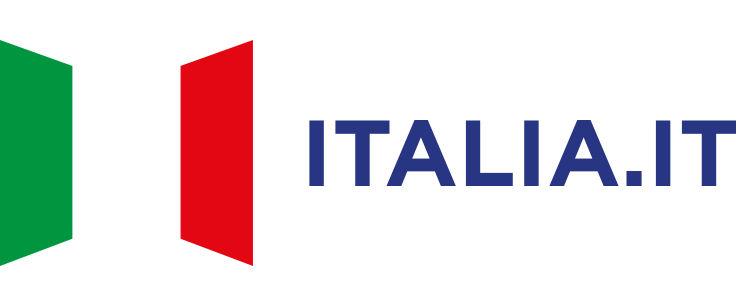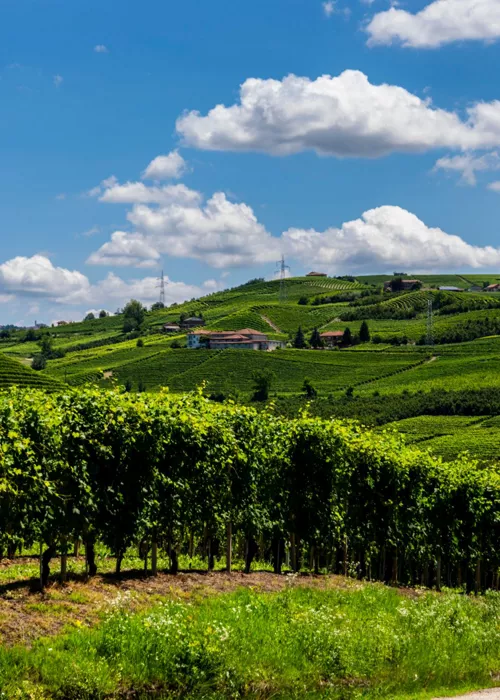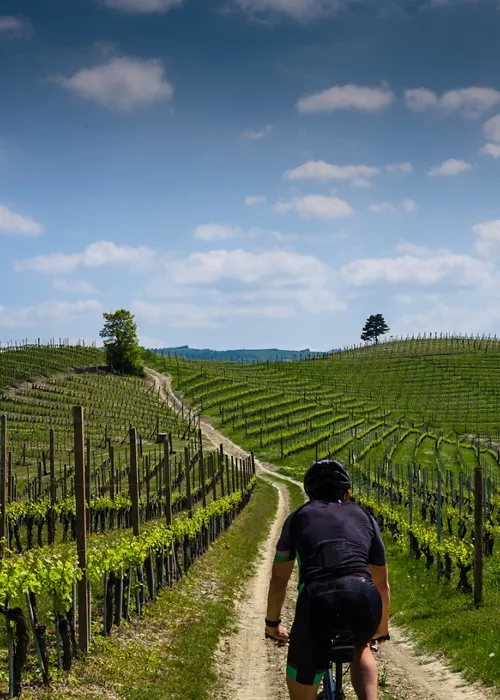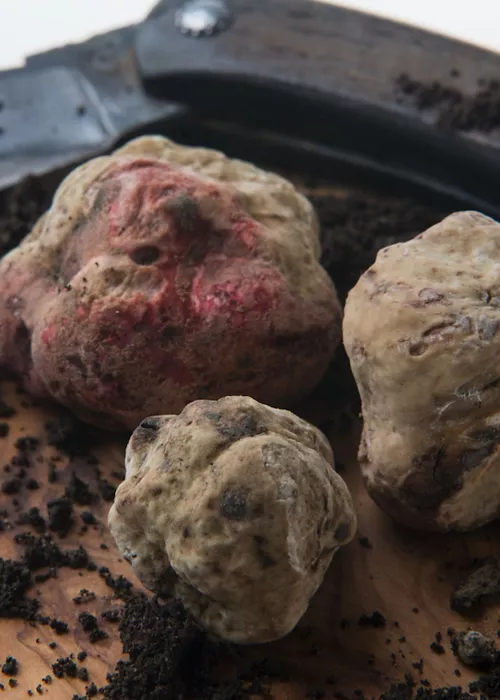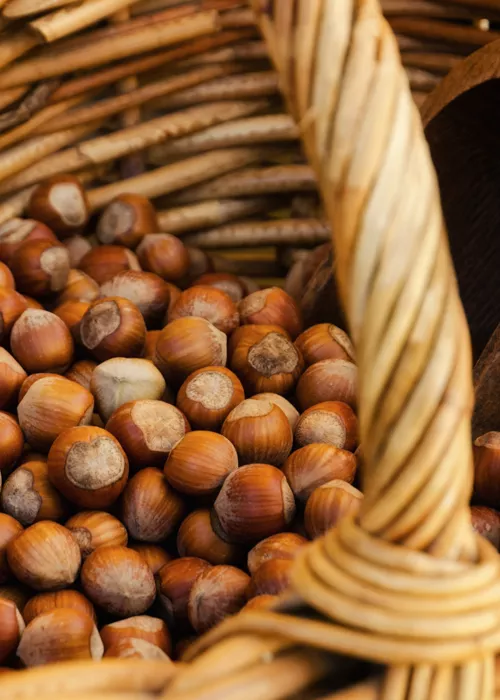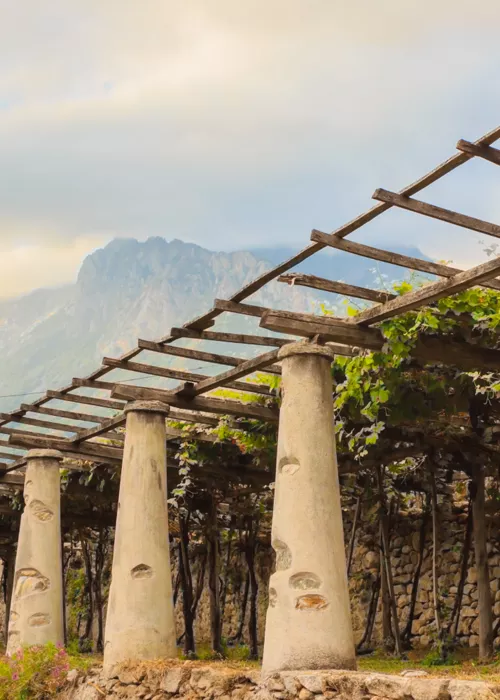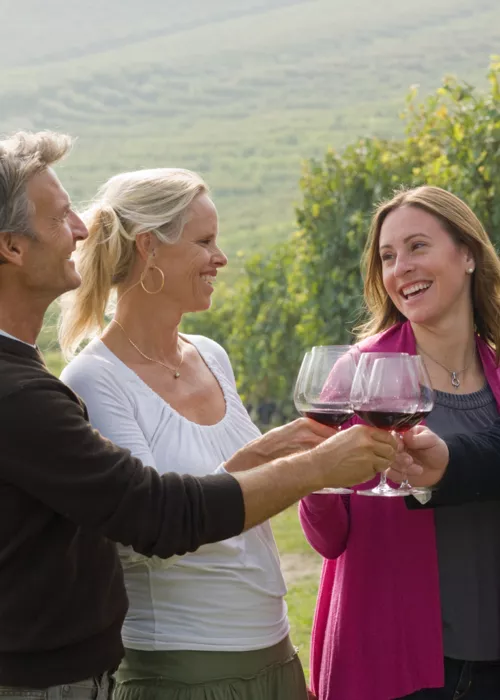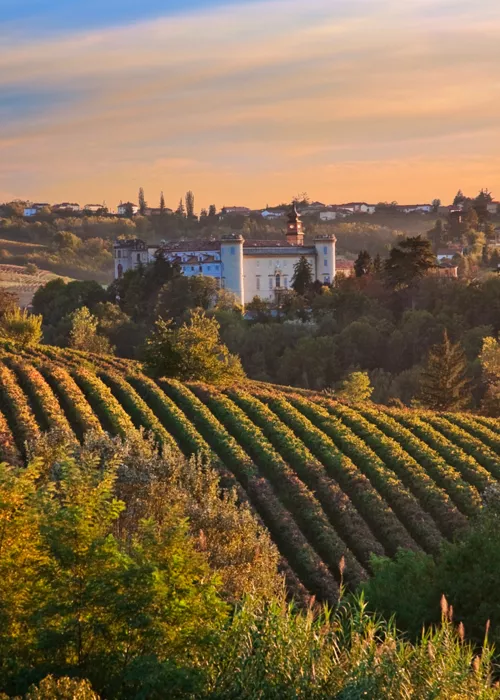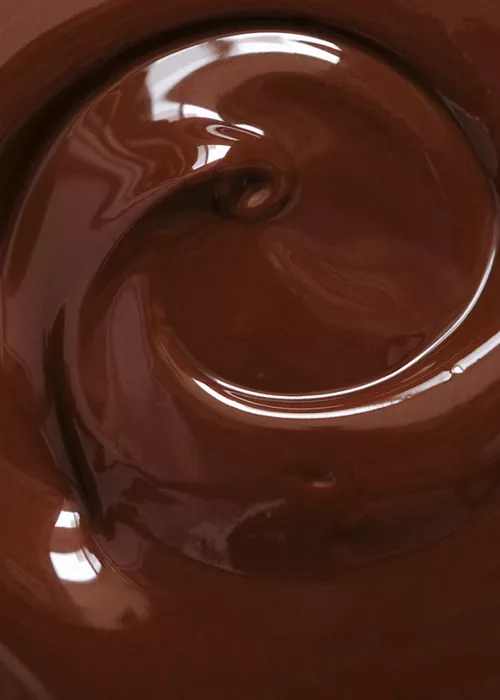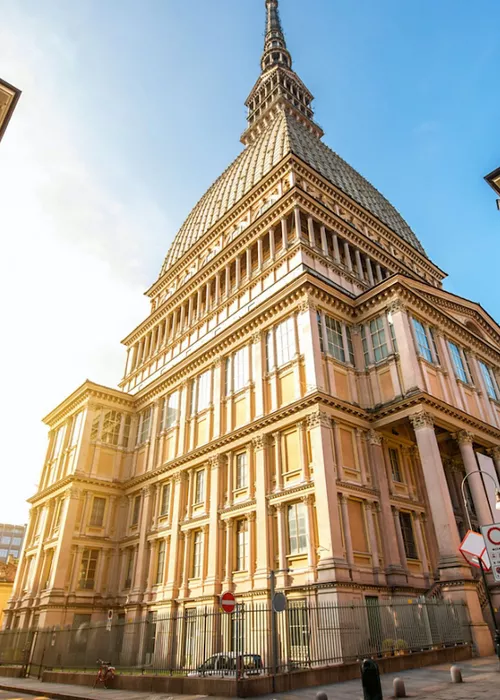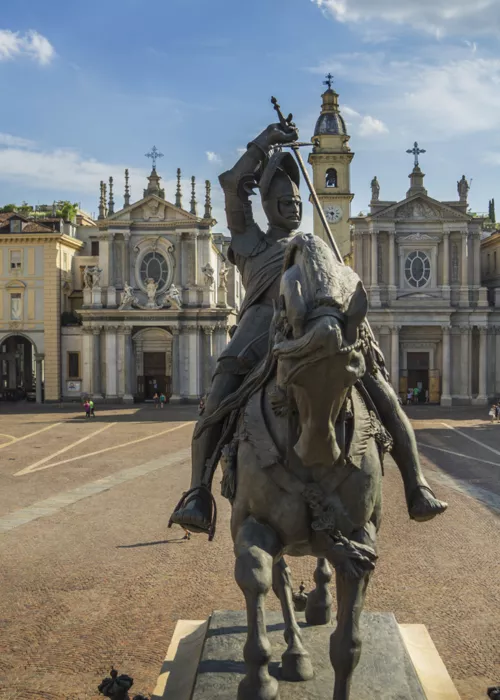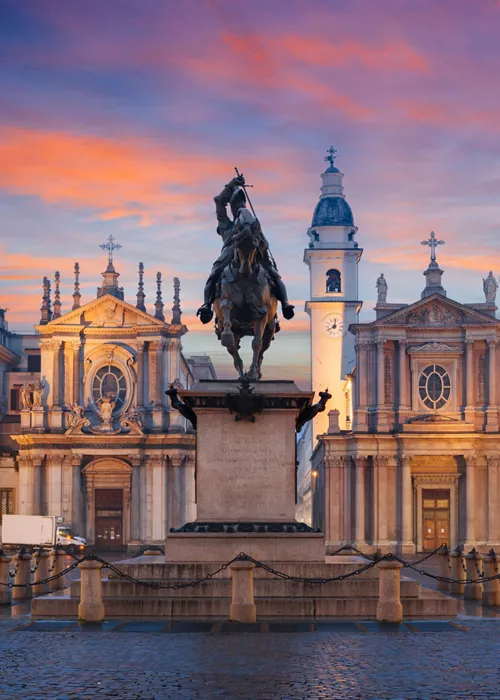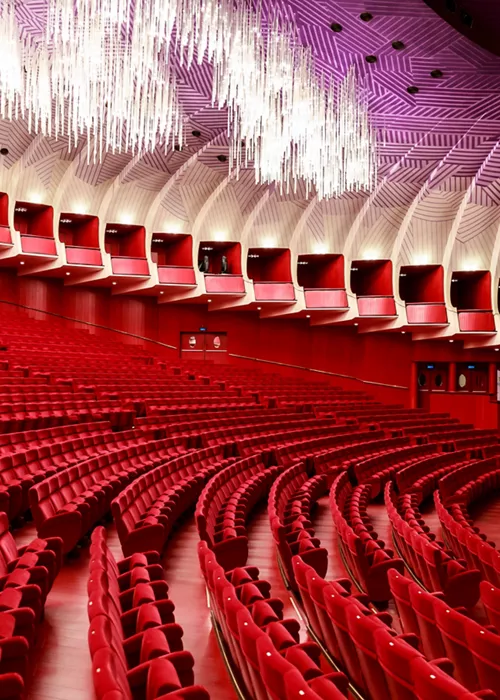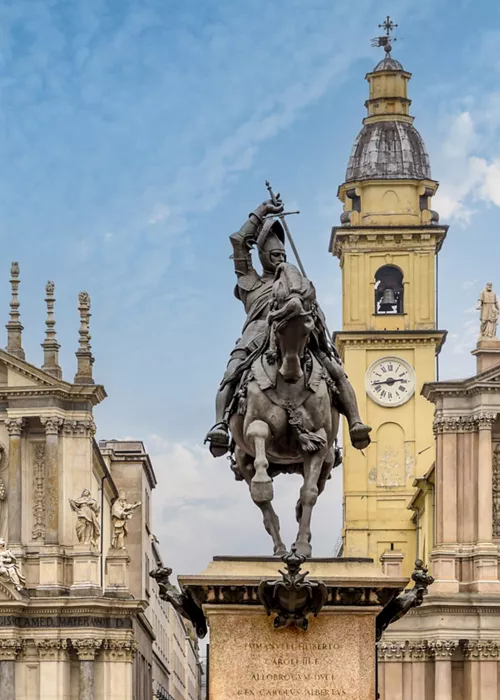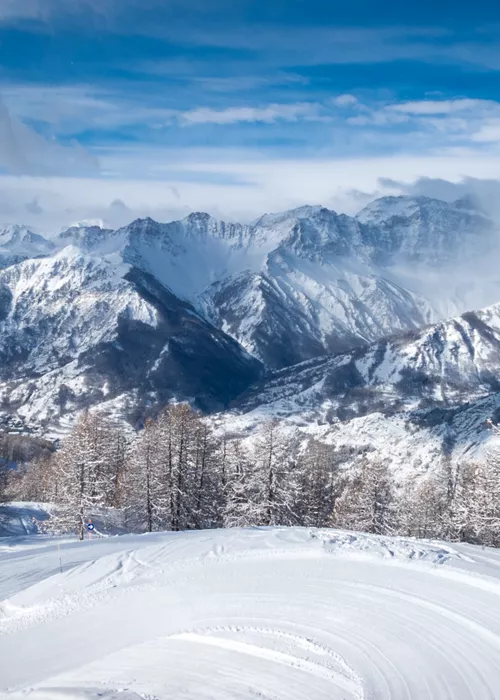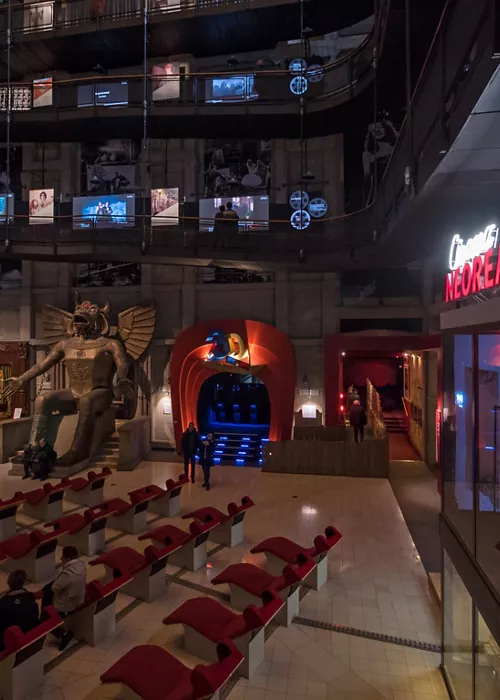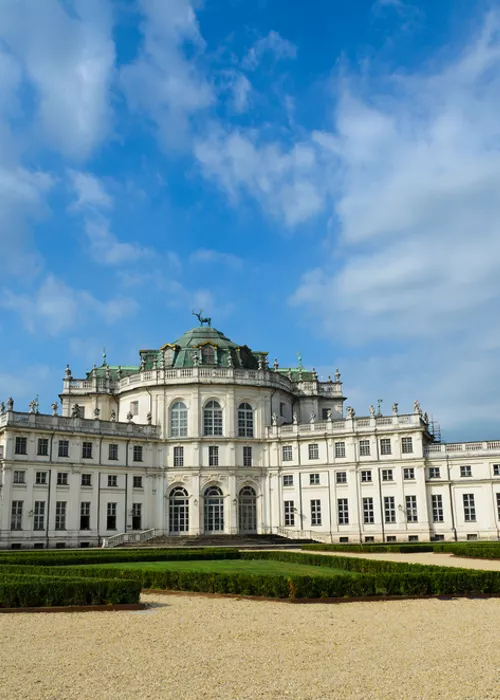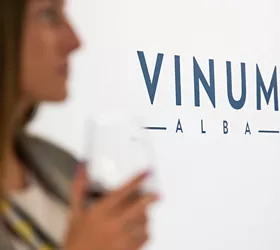Alba and wine tourism: welcome to the "Global Conference on Wine Tourism"
3 minutes
Wine tourism in Piedmont and its varied offerings
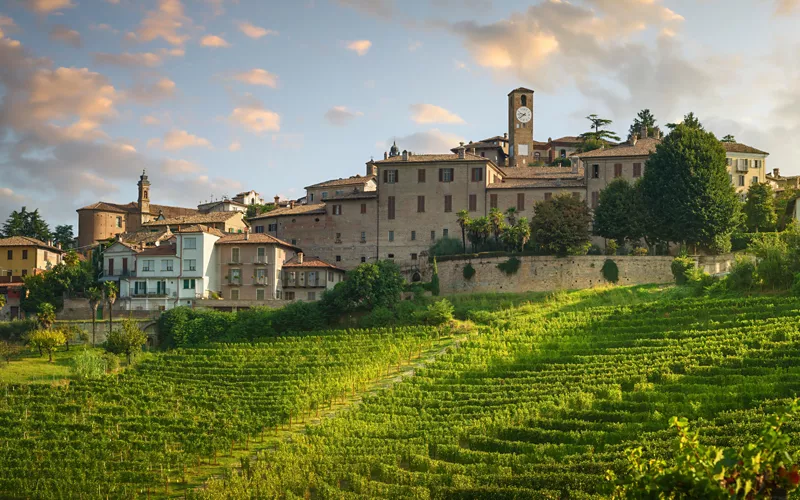
Piedmont has around 45 thousand hectares of vineyards, 49 wines including DOC and DOCG, an export turnover of one billion euro and more than 550 thousand users of wine tourism. These are staggering figures for a sector that involves 18 thousand farms, 280 enterprises and 54 operating wineries.
The wine hills are visited every year by thousands of people, who come from all over the world. With such a huge number of visitors, it is easy to see how the wine tourism sector is constantly growing and how this can not only strengthen gastronomic excellence, from traditional to more sophisticated formulas, but also lead to innovative solutions that link wine with the sphere of wellness.
This has led to the creation of unique combinations that merge the activities of the wine cellars with open-air experiences, true wine resorts or wine relais, structures with spas and hydromassage pools in the midst of the vineyards, which also allow people to find peace surrounded by nature with relaxation-yoga courses in the breathtaking Langhe landscape.
The Langhe, green viticulture, and women at the helm
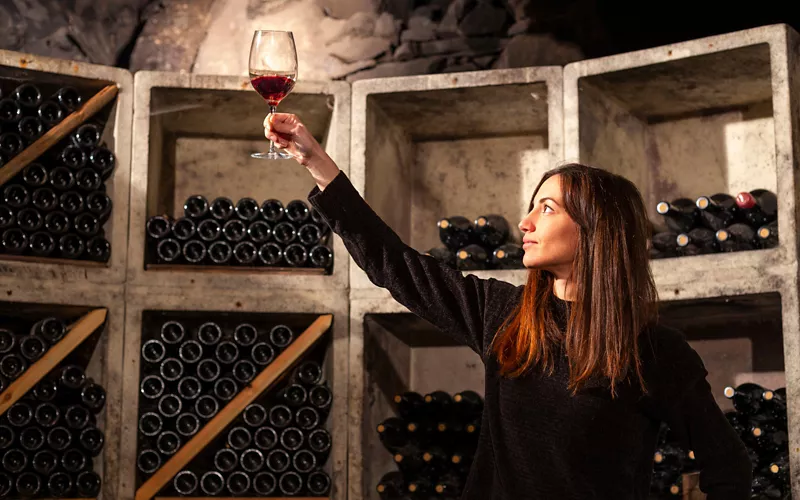
To give some statistics on the Italian wine tourism sector, suffice it to say that its value is around 2.65 billion Euro. This sector therefore represents an extraordinary asset for our country. It is also for this reason that the Langhe, aiming at the constant growth and ever-increasing development of wine tourism, is moving towards a future aimed at sustainability and inclusiveness in rural production areas.
Thus, green viticulture was born: it is entirely focused on reducing daily carbon dioxide emissions. A true ecotourism, which aims to cut pollution by halving the traffic of heavy vehicles on the UNESCO heritage hills and avoiding the use of plant protection products, herbicides and chemical fertilisers, which are replaced by organic substances and agronomic practices for the wellbeing of the vines. All this is done to protect biodiversity and the natural environment, for the sake of sustainability and respect for the land and the farmers, without whose precious work there would be no wine.
Female leadership in the sector, especially in the area of communication and marketing, is also giving particular impetus and creativity to wine tourism in the Langhe, with proposals that pave the way for new values and styles, increasingly oriented towards open spaces and an all-round experience of winery, wine, environment, landscape, catering and leisure.
Alba and the "Global Conference on Wine Tourism"
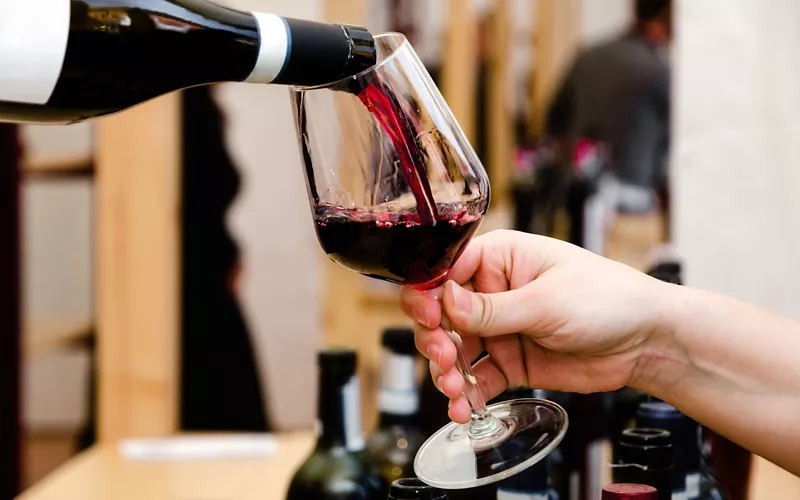
Alba, a city known for its white truffles, its charming historic centre and picture-postcard surroundings, is also (and above all) an undisputed destination for wine tourism.
And here we are at the sixth edition of the 'Global Conference on Wine Tourism', in 2022. The city of Alba, which will host the study sessions, has won the amphora that symbolises the event.
It is no coincidence, in fact, that the choice has fallen on the wine-growing landscapes of Piedmont, an area that produces wines that are highly appreciated worldwide. The hills of the Langhe, Monferrato and Roero UNESCO World Heritage Site will, therefore, be the focal point of one of the most important international showcases in the field of wine tourism. This is a historic opportunity that the city of Alba will be able to harness during the three September days, aiming to achieve a tangible objective: that of sustainability and innovation.
These are the main features of the 2022 edition, which rebounded during the terrible days of the pandemic, when the UNWTO noted that the key to the sustainable development of territories around the world is rural tourism.
The event will be attended by delegations from the world's top wine destinations: more than 30 speakers including ministers and political figures, tour operators, technicians and managers, industry experts and media operators. Three days of meetings, for general and in-depth sessions on the state of the art of wine tourism, in which the practices of the various countries will be discussed. All surrounded by visits to wineries and consortia, including tastings and talks with local producers.
